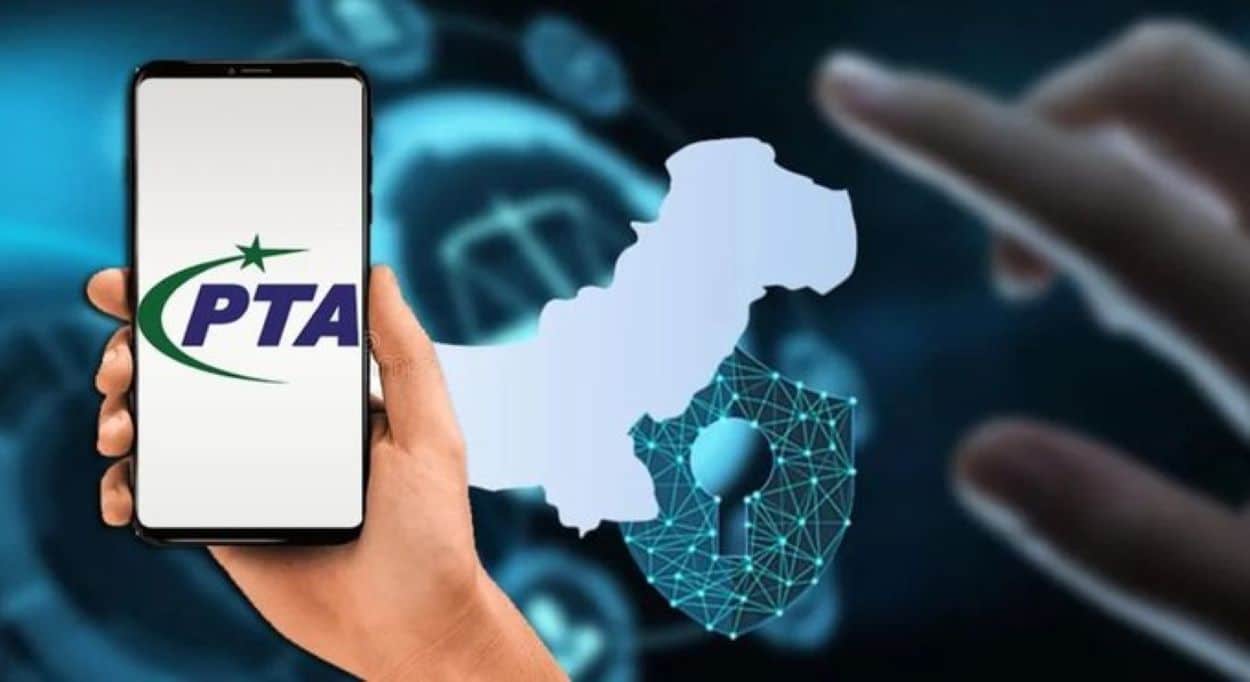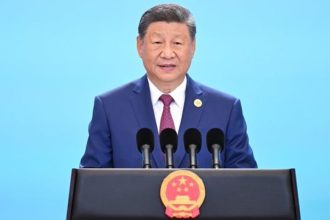The government plans to make sweeping changes to the Prevention of Electronic Crimes Act (Peca) 2016, including creating a new authority with extensive powers to block online content and address “fake news.”
According to Dawn News, the ‘Prevention of Electronic Crimes (Amendment) Act 2024’ proposes establishing a Digital Rights Protection Authority (DRPA). This new body would handle removing online content, prosecute individuals for accessing or sharing prohibited content, and manage actions against social media platforms that host such content.
Barrister Aqeel Malik, the prime minister’s adviser, confirmed the amendments, noting their aim to “eliminate misinformation and negative propaganda.“
The draft introduces a broader definition of “social media platform, ” including tools and software facilitating social media access. This definition now encompasses systems managing access to social media and websites, applications, and communication channels that allow social media interaction.
This expanded definition could lead to restrictions on using Virtual Private Networks (VPNs), commonly employed to access services like X, which Pakistan blocks.
Authorities initially planned to register VPNs and block unregistered proxies. However, they abandoned these plans after legal advisors pointed out that VPNs and proxies are merely tools to access content, not the content itself.
The amended law will shift specific powers from the Pakistan Telecommunication Authority (PTA) to the newly formed Digital Rights Protection Authority (DRPA). This authority will advise on digital ethics, promote research, and enhance the safety of social media users.
The DRPA will regulate social media content, investigate violations, and have the authority to block access to certain content. It will also establish deadlines for social media companies to comply with its orders and encourage them to set up local offices or representatives.
The formation of the DRPA began after the general elections on February 8, under the leadership of the PML-N. Prime Minister Shehbaz Sharif initiated a committee to draft the proposed DRPA but paused the discussions to engage more broadly with stakeholders.
The new authority will consist of a chairperson and six members, including three ‘ex officio’ members from relevant government sectors. These members are appointed for three years, with the possibility of reappointment.
The DRPA will enforce compliance from social media platforms and can request the blocking or removal of content. The draft amendment expands the definition of “unlawful” content, categorizing at least 16 types of content as illegal.
A new provision—Section 26(A)—directly addresses the spread of “fake news” online, with penalties that include imprisonment and fines.
Furthermore, the amendments make offences under Section 26(A) non-bailable and non-compoundable. A tribunal, led by a high court judge or a qualified individual, will be established to prosecute these offences. These proposed changes aim to tighten control over digital content and enhance online safety. After gathering stakeholder feedback, they are pending further discussions and potential revisions.






